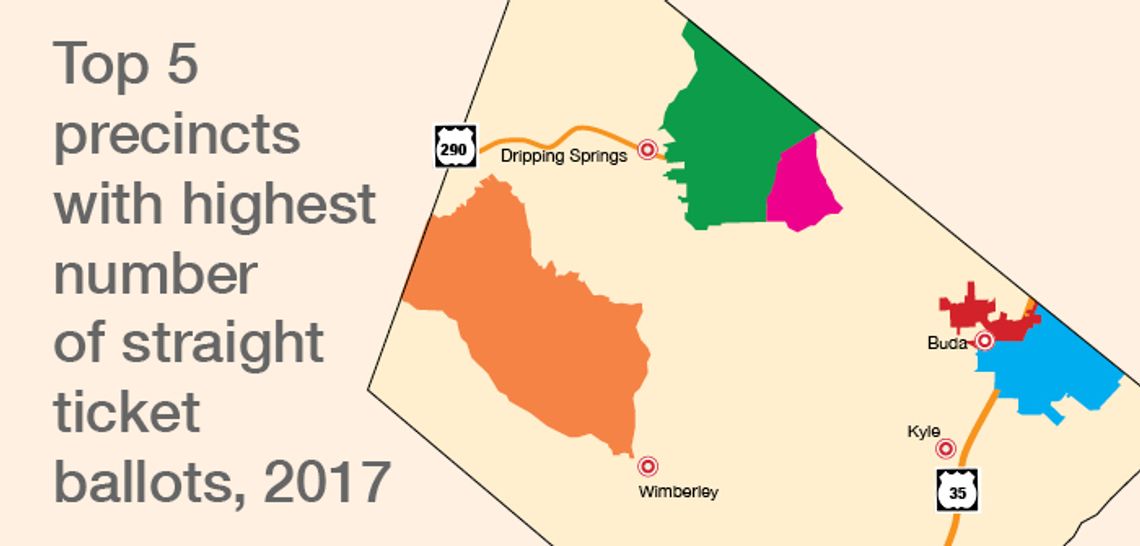The days of Texas voters casting entire ballots along party lines will soon be coming to an end.
In June, Texas Gov. Greg Abbott signed into law House Bill (HB) 25, which eliminates straight ticket voting in Texas starting with the 2020 election.
Straight ticket voting allows a registered voter to select all candidates affiliated with the person’s political party of choice.
PLEASE LOG IN FOR PREMIUM CONTENT. Our website requires visitors to log in to view the best local news.
Not yet a subscriber? Subscribe today!










